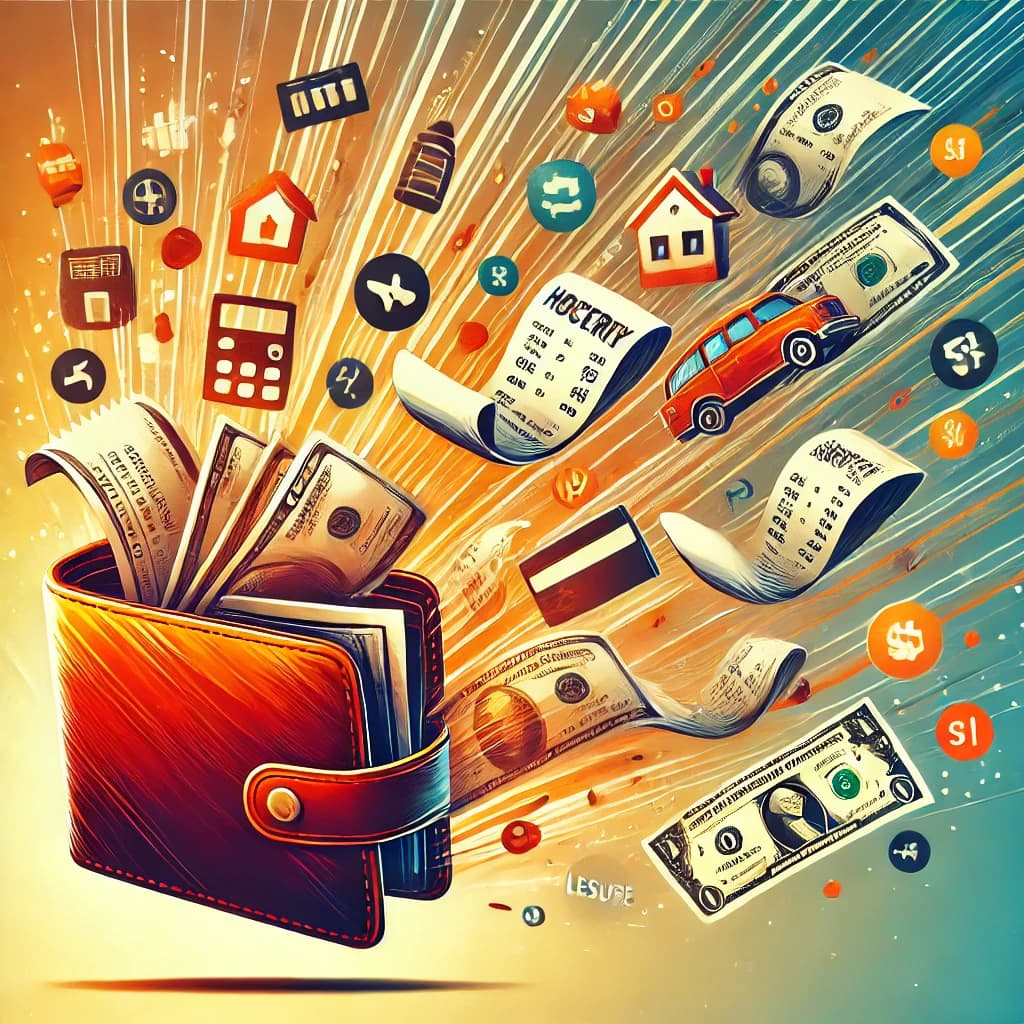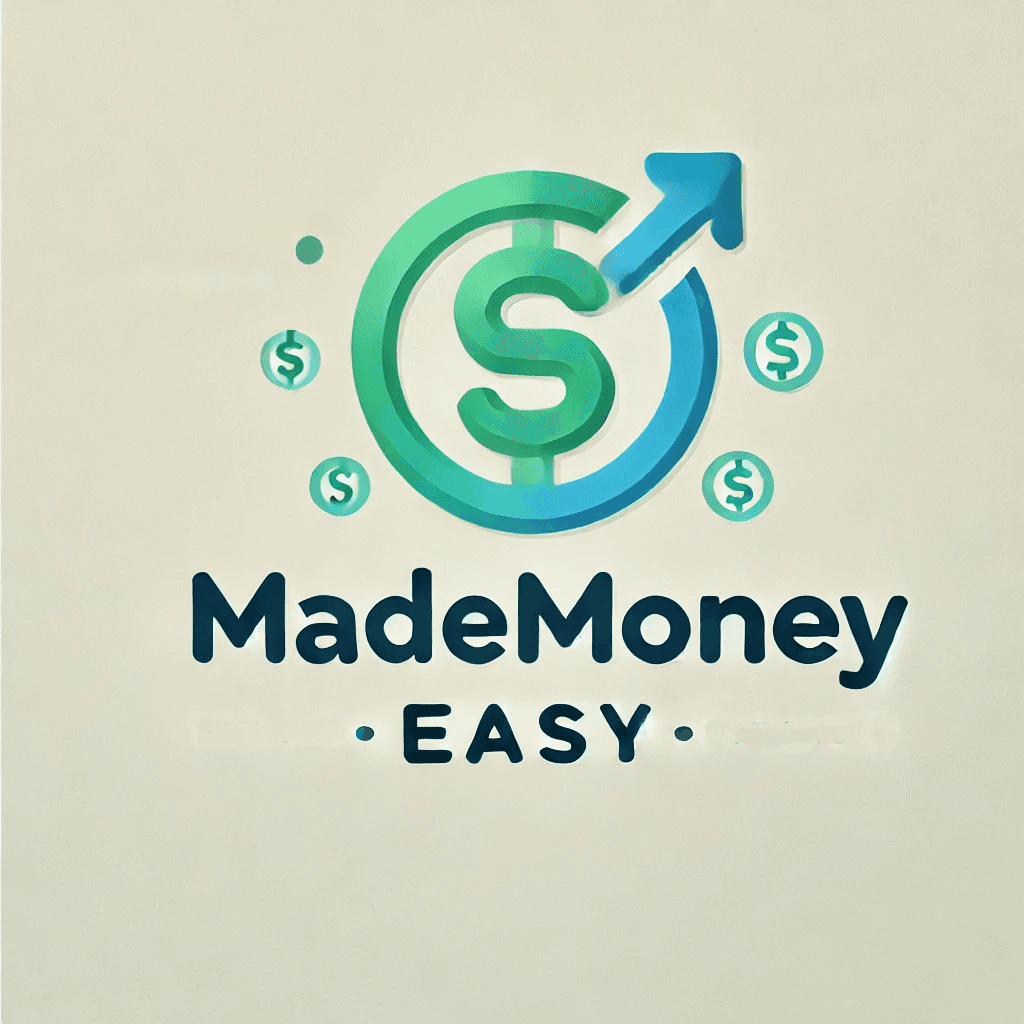How To Change Spending Habits

Table of Content
- How To Change Spending Habits? The Invisible Economy Behind Our Spending
- Small Expenses, Big Differences: Coffee, Snacks, and Subscriptions
- "Need" or "Want"? How Are Our Economic Preferences Shaped?
- Loans and Installments: The "Buy Now, Pay Later" Trap
- The Power of Advertisements and the Consumption Trap
- Investing for the Future or Spending for the Moment?
- The Invisible Economic Balance in Our Minds
- Shape Your Future According to Your Spending
How To Change Spending Habits? The Invisible Economy Behind Our Spending
Everyone earns money, but where does it go? How do we change our spending habits? There is a spending cycle happening right before our eyes; do we really understand this cycle? Every penny that leaves our pockets has a story, shaped by our choices and habits. Are we aware of our economic preferences?
Small Expenses, Big Differences: Coffee, Snacks, and Subscriptions
Visualize the small amounts you spend every day. The coffee you buy in the morning, the snacks you grab in between, the digital services you subscribe to… Each of these may seem insignificant on its own, but they can add up to a serious amount by the end of the year. For example, a daily coffee habit costing 30 TL amounts to about 10,000 TL in a year! This amount could cover a holiday budget for many people.
"Need" or "Want"? How Are Our Economic Preferences Shaped?
Finding ourselves caught between needs and wants is a decision we make every day. So, how much of what we buy is a real need, and how much is simply a habit or desire? For instance, do we feel the need to change our phones every time a new model comes out? Or does our current phone still serve its purpose? Often, we are influenced by advertisements and our social circles in these kinds of purchases.
Loans and Installments: The "Buy Now, Pay Later" Trap
Credit cards and installment shopping may seem to ease the budget in the short term, but they can shake our finances in the long run. For example, you apply for a credit card to buy a phone and pay in installments. However, by the end of the month, seeing how much money is left in your pocket after paying both the phone installment and other expenses might surprise you. Every installment you owe takes away a piece of your future spending freedom.
The Power of Advertisements and the Consumption Trap
In today's world, it's almost impossible to avoid advertisements. Product ads that appear everywhere influence our consumption choices. Whether we see them on social media or in shopping malls, these advertisements can guide our spending decisions. For example, when you buy a product from a brand you frequently see in ads, is it because you truly need it, or is it due to the influence of those advertisements?
Investing for the Future or Spending for the Moment?
Another question is whether we make our spending decisions with our future in mind or if we are living in the moment. For example, if you are thinking about owning a house or a car through regular savings, you might be willing to forgo some expenses to reach that goal. However, many people tend to focus on immediate spending instead of investing for the future.
The Invisible Economic Balance in Our Minds
Our spending habits and economic preferences create a psychological balance that affects us without our awareness. This balance directly impacts our financial health as well. For instance, a constant shopping habit can lead us into debt over time, while the habit of keeping our spending in check can provide a more comfortable future.
Shape Your Future According to Your Spending
Understanding the psychological and economic factors behind our spending can shape both our current financial situation and our future. By recognizing the story behind the money we spend every day, we might make more conscious and balanced economic choices. After all, understanding where the money in our pockets goes is, in a sense, determining the direction of our future, isn’t it?
